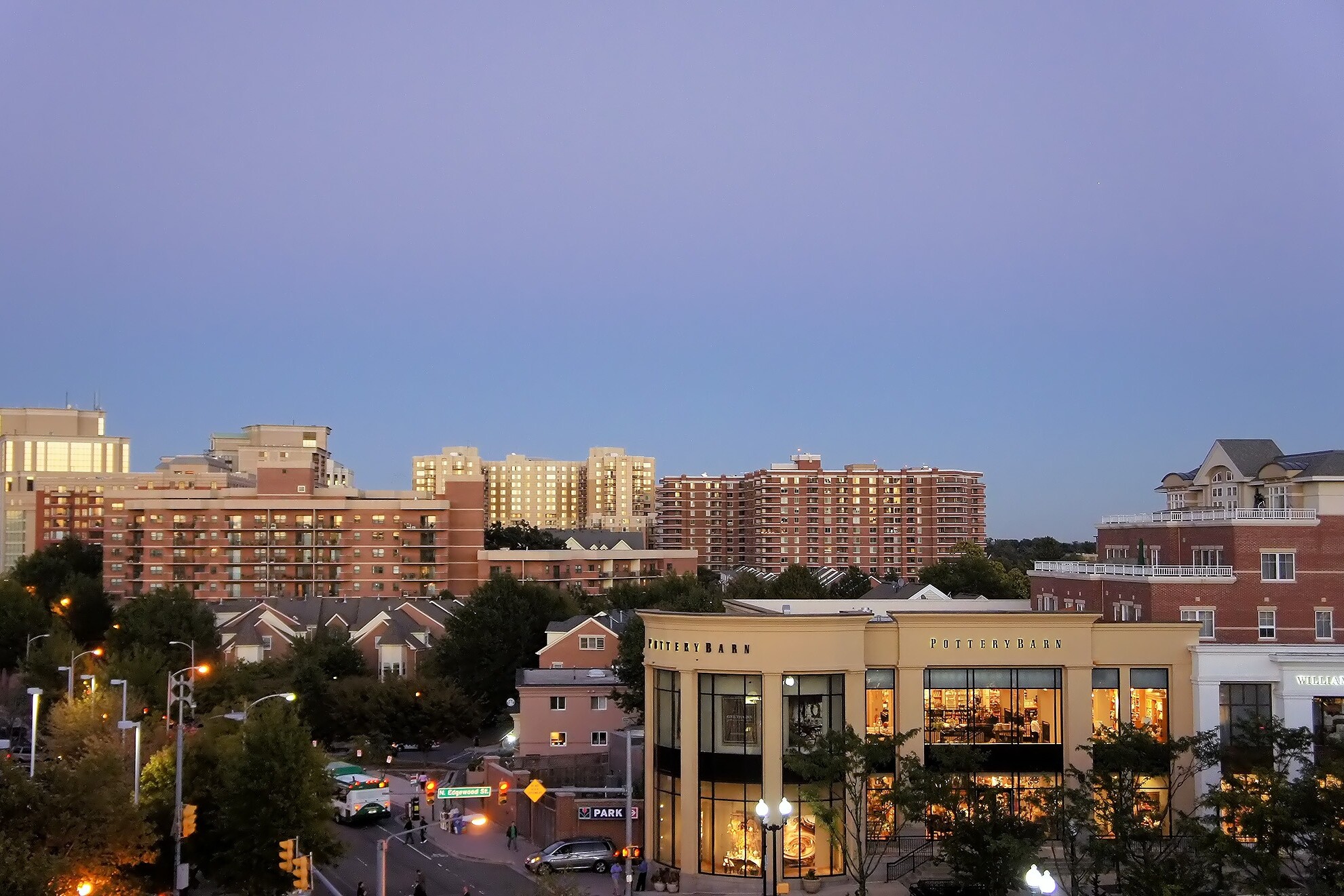The new US administration is reportedly planning to privatise the Corporation for Public Broadcasting (CPB), the private non-profit organisation that distributes federal funds to more than 1,500 public media outlets and their programmes across the US.
The CPB currently distributes an annual fund of around $445million and is the single largest source of funding for public radio and television in the US, despite it being a relatively small fraction of the overall federal budget – 0.01% according to the Washington Post.
Similar suggestions to cut spending also include ending the National Endowment for the Arts and the National Endowment for the Humanities.
The reported reduction in funds for public service broadcasters (PSB) comes at a time when the incoming administration are looking to make budget cuts using a “blueprint” drawn by the conservative Heritage Foundation (HF). According to The Hill, and as reported in Current, the cut would allow $4.5billion in federal savings over the next 10 years. The HF then suggests that any shortfall in funding for PBS, NPR and other PSBs could be recovered through “increasing revenue from corporate sponsors, foundations and members”.
According to Fortune, another proponent of reducing federal funds to PSBs is The Republican Study Committee, which argued that “a free society should not have government-supported media outlets, especially ones that so often convey political news and opinion,” and that the media landscape is varied enough to fulfil consumers’ needs without PSBs.
Yet federal funding is vital for the continuation of commercial-free original programming, especially for local PSBs who require it to ensure effective coverage of local issues, politics and educational content as well as the maintenance of effective alert systems. Hence in rural and underserved areas the notion that commercial funding will fill the gap is simply not the case according to a CPB statement. This states that their appropriation of federal funds can account for up to 40-50% of a local PSB’s budget, which also contributes to copyrighting, technology and equipment.
The statement also points to the critical nature of public media’s educational material, with it reaching “68% of all kids ages 2 to 8”, providing content that is “proven to prepare kids for school, especially low-income and underserved children who did not attend school”.
This shift in funding could therefore have severe implications for the ability of PSBs in the US to maintain and provide these essential services. In fact, a 2012 CPB report by Booz & Co. found that there were no alternative sources of funding that would match federal funding at the time, putting 63% of public radio stations and 67% of public television stations at risk of closure.
Fundamentally, federal funding helps to ensure that public broadcasters do not deviate from their statutory mission to produce programming in the public interest and offer non-partisan news coverage, rather than producing content that is aimed at securing commercial funding.
With the new administration’s budget not due until April, PBS President and CEO Paula Kerger said earlier this month that it was “too early to tell” what impact Donald Trump’s presidency might have on public media in the US. Kerger added that during any change of administration PBS stations make a specific effort to ensure that they are “reaching out to make people understand who we are and what we are and what we accomplish at the community level”.
Reacting to the potential changes, Free Press CEO Craig Aaron bemoaned the cutting of funds, arguing that the proposal was completely out of step with the public:
“We should be spending more on public and community media — which serve as an antidote to fake news — not cutting their funds. As those who have tried to zero out support for public media in the past discovered, millions and millions of people will oppose these attacks.”
The Public Media Alliance will continue to follow and update this story as it develops over the coming months.
Kristian Porter
Header image: Arlington, US. Headquarter city of PBS.
